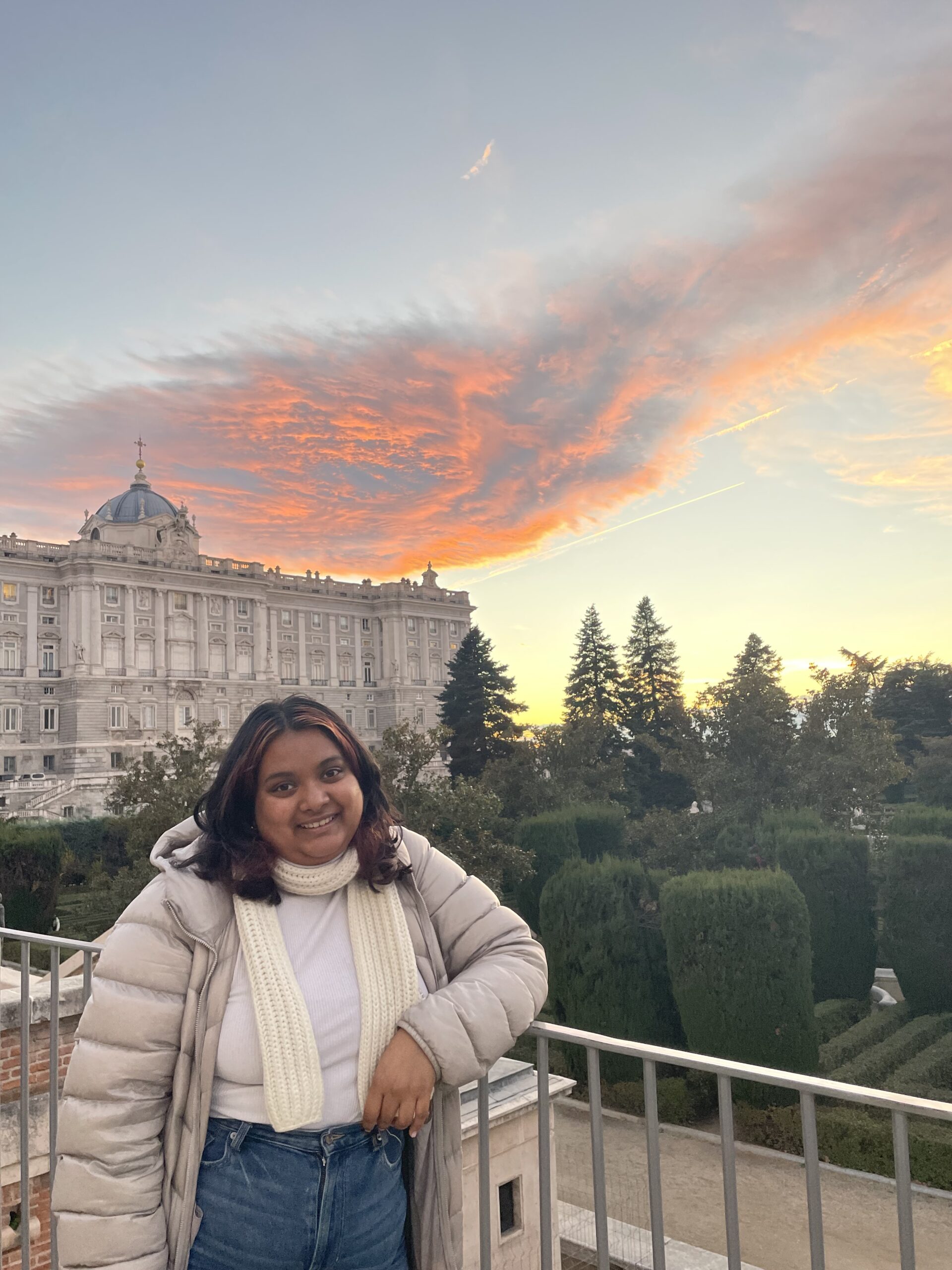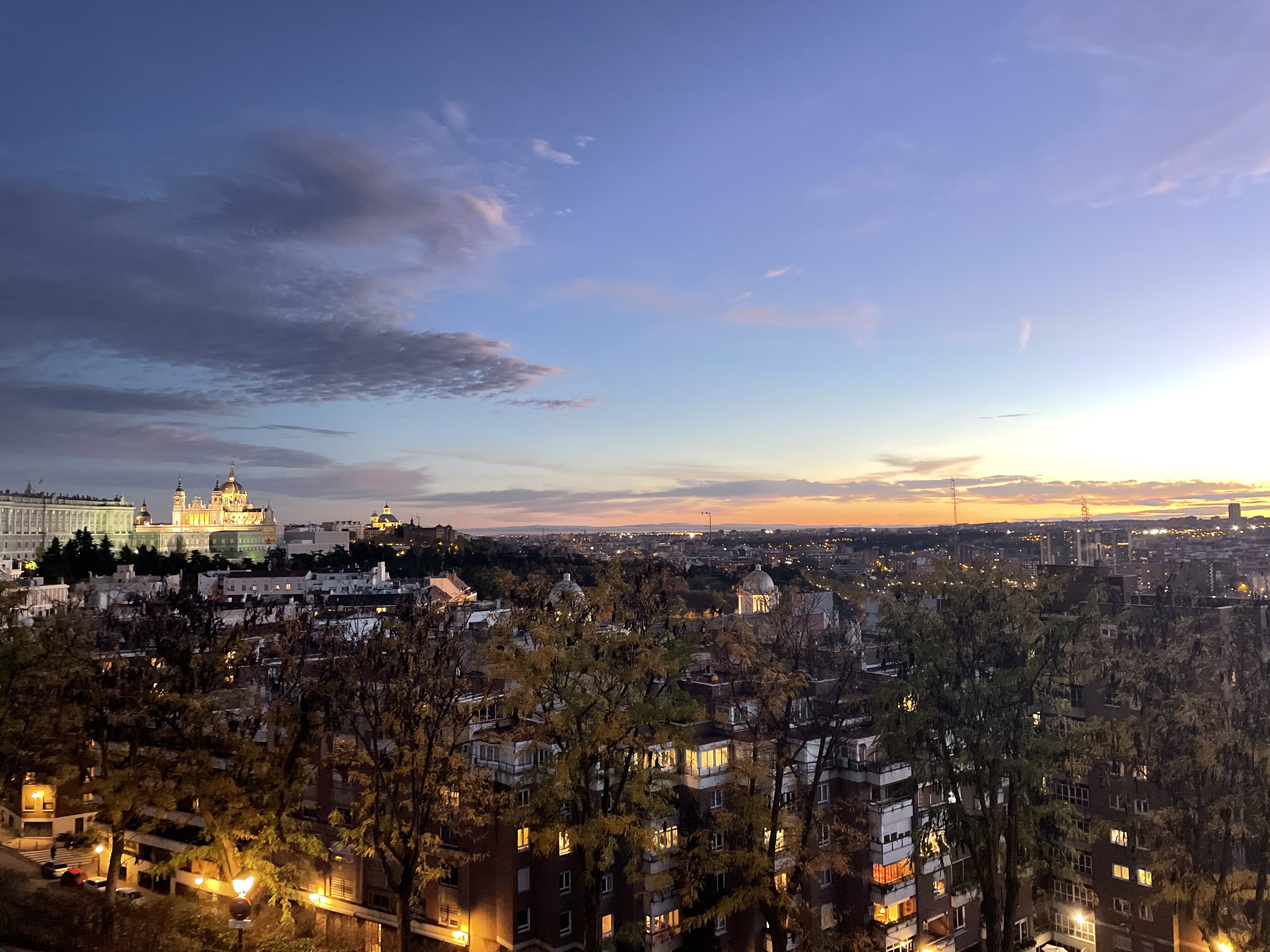
Language learning while abroad in an English-speaking country
One of the reasons I chose my particular study abroad program is because of its Bengali offering. Learning my parents’ native language has always been a dream of mine, and in recent years, I’ve developed a passion for foreign languages. I took Hindi and Urdu in college, Spanish in middle and high school, and grew up speaking and listening to Bengali in the household. However, one thing that’s always kept me from improving is that I struggle to feel confident in my speaking abilities and push through any grammar and/or pronunciation mistakes I may make. As a result, I tend to be very quiet in my language courses and any situation where I have to speak a foreign language, ultimately stalling my progress and making it hard for me to practice what I’m learning.
By choosing to take Bengali in London, I get to pursue a language I have grown up with and thus am relatively more comfortable with speaking, while still staying within my comfort zone by living and studying in an English-speaking country. I definitely could have chosen to improve my language skills even further by studying in a country that isn’t English-speaking, but frankly, I was nervous.
This past weekend, I visited Madrid for a short weekend trip, my first time visiting a country whose primary language isn’t English (not counting the family trip I took to Bangladesh when I was very young). I am planning to take Spanish when I return to Wellesley, as it’s a language I enjoyed learning and wasn’t able to make time for after I graduated high school. So when I was in Madrid, I decided to primarily speak Spanish, both to practice and to communicate on behalf of my travel buddy who didn’t know any Spanish. Doing so helped me build my confidence and change my perspective on learning new languages. When I made mistakes in my speaking, it wasn’t as embarrassing as I thought it would be; rather, as long as I got my message across, it was okay. Going forward, I want to keep this in mind as I continue my pursuit of languages.
Although I don’t regret my choice of study abroad program, this weekend gave me a lot to think about regarding how my language learning process has been while here in London. My practice with Bengali continues to be in a formal, academic setting and phone conversations with my parents. It’s great because I’ve never had the opportunity to learn to read and write Bengali before, so this was exactly what I was looking for. At the same time, I wonder what would have happened if I studied abroad in South Asia, such as in West Bengal or Bangladesh. Ultimately, I think being in London has been a great introductory experience for someone like me who has never been abroad before. I think I feel more equipped to take on traveling to unfamiliar places and hope my next abroad experience can be in a non-English-speaking country, so I can step out of my comfort zone even further.
Pictures from Madrid: me in front of the Royal Palace, a view of Madrid at night

